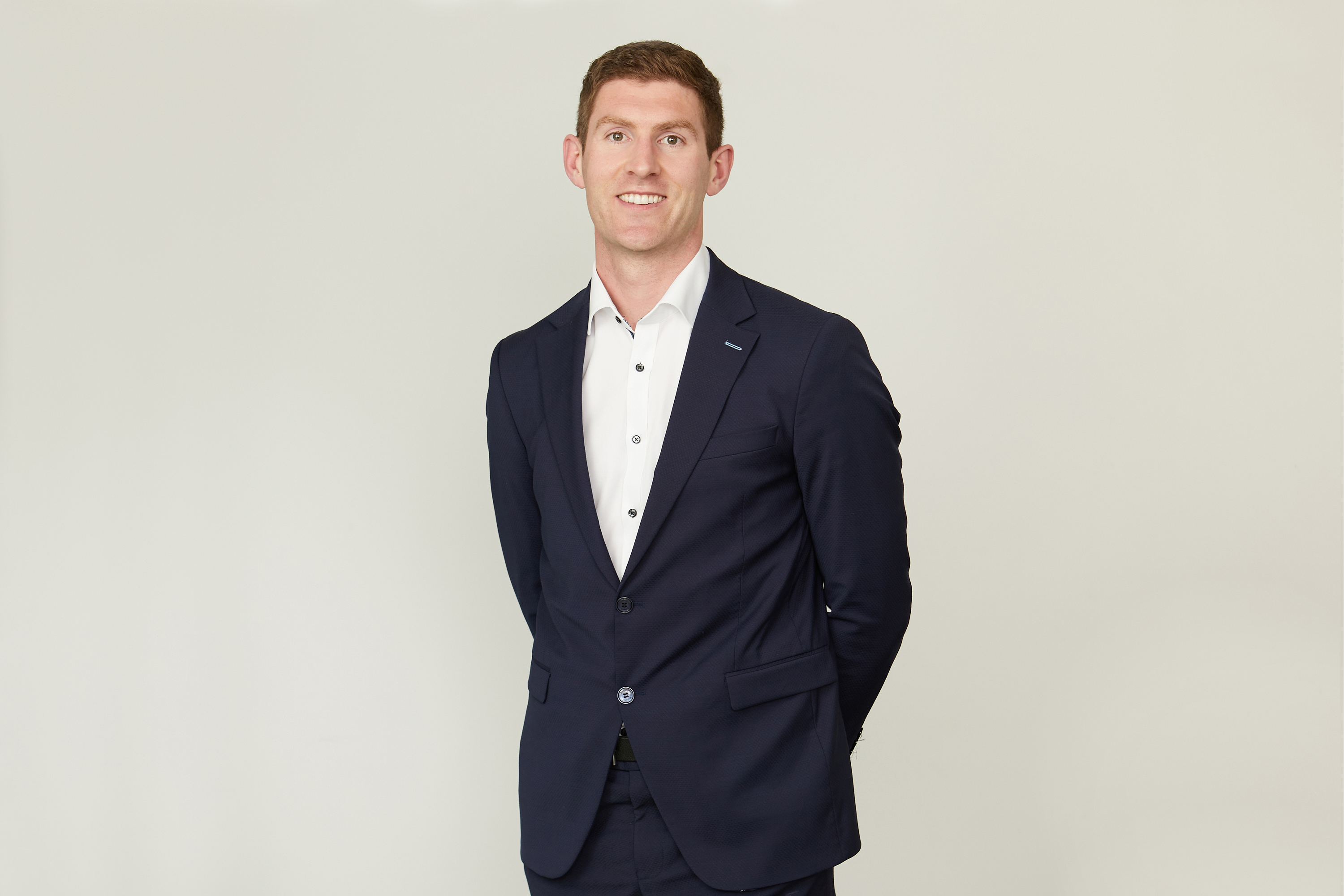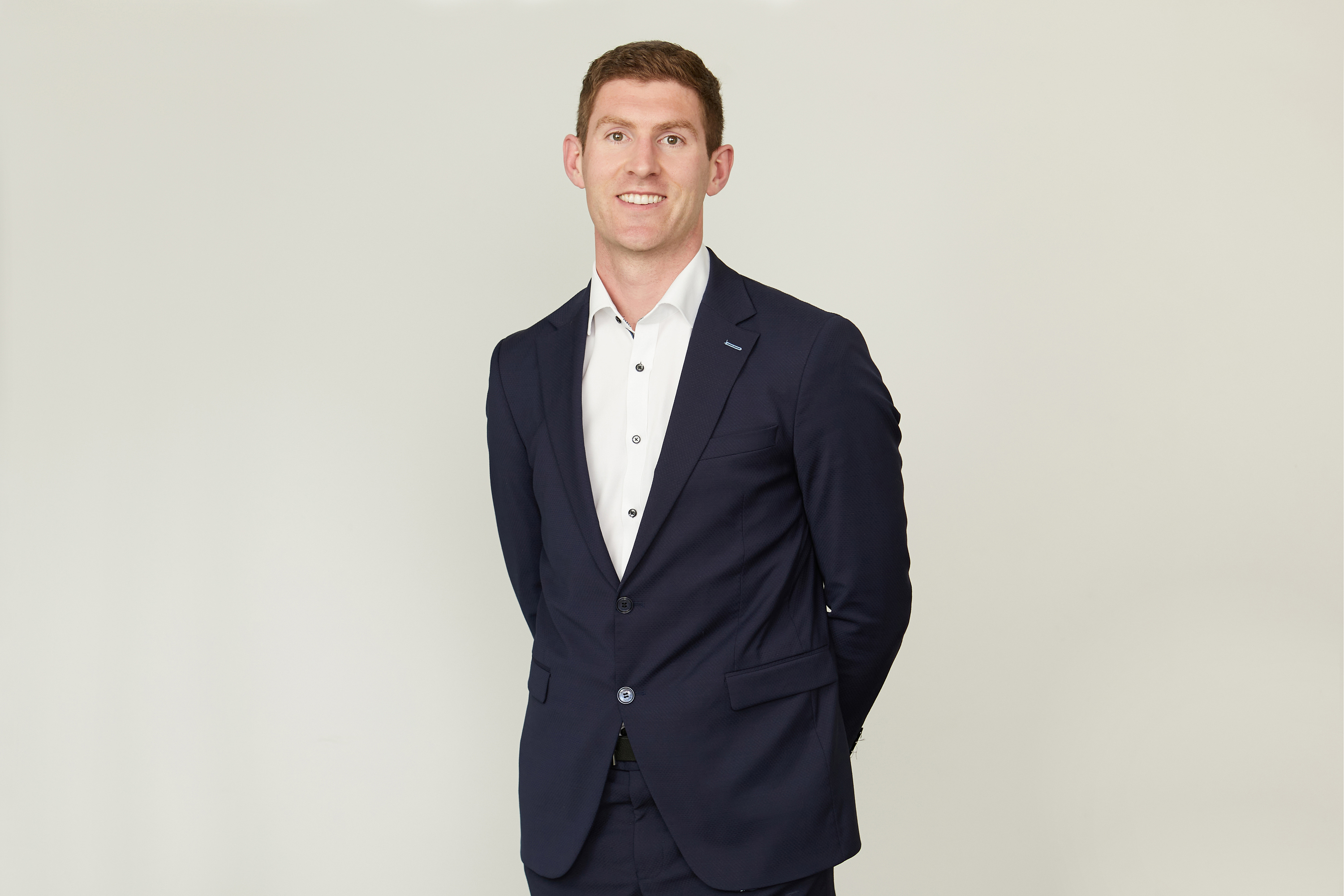
Paddy Murphy
Managing Associate | Legal
Ireland

Paddy Murphy
Managing Associate
Ireland
No Content Set
Exception:
Website.Models.ViewModels.Components.General.Banners.BannerComponentVm
The European Union has implemented a robust legal framework to protect consumers including in the context of sports. This article examines how the European Court of Justice applied these protections in the case of a young Latvian athlete's contract.
The Directive on Unfair Terms in Consumer Contracts (Council Directive 93 / 13 / EEC) (the Directive) protects consumers from unfair contract terms. Contracts must be clear and unambiguous, with any vagueness resolved in the consumer's favour. Member States may enforce stricter protections, but Directive 93 / 13 sets out the minimum requirement.
Directive 2005 / 29 on Unfair Commercial Practices targets exploitative business practices affecting vulnerable consumers, complementing Directive 93 / 13 by evaluating practices from an average consumer's perspective.
The Latvian Civil Code allows parents and guardians to represent minors who lack contractual capacity and guardians can enter contracts in good faith, on behalf of the minor. The Law on Consumer Rights Protection invalidates unfair terms while preserving the contract's validity without them.
The Charter of Fundamental Rights of the European Union safeguards property rights in Article 17 and prioritises children's best interests in Article 24. It applies when European Union (EU) laws are implemented, ensuring respect for fundamental rights.
The European Court of Justice (CJEU) was asked to determine whether EU consumer protection laws, specifically the Directive, applied to a contract involving an amateur athlete and a sports development agency. The athlete, who was a minor, was represented by their parents and found themselves at the centre of a legal debate about their status as a "consumer". This distinction was crucial as, if found to be a consumer, the athlete would benefit from the Directive's protections.
The CJEU first determined that the contract fell under the scope of the Directive as the athlete was not acting professionally at the time of signing, affirming their consumer status. It also clarified that the Directive does not prevent national laws from applying additional consumer protections, encouraging Member States to implement stricter measures if necessary.
The CJEU then scrutinised the terms of the agreement, including the provision requiring the athlete to pay 10% of future income over 15 years. It emphasised the need for such terms to be in plain and intelligible language to ensure that the athlete could understand the financial implications. If the language was unclear, the Directive requires it to be interpreted favourably towards the consumer.
The CJEU also assessed whether this specific term created a significant imbalance between the two parties' rights and obligations, noting that a disparity in the agency’s service value vs the athlete’s income might be considered unfair. However, this determination depends on national law, market practices and the specific circumstances of the contract.
Due to the athlete’s minor status and the parental involvement, the CJEU acknowledged the Directive, along with Articles 17 and 24 of the Charter of Fundamental Rights of the European Union, which mandates considering the child's best interests, and were crucial in evaluating the fairness of the contractual terms.
This case underscores the CJEU's increasingly proactive approach to robust consumer protection in respect of minor contracts and that the application of Article 24 of the Charter of Fundamental Rights of the European Union will ensure that the best interest of the child must be considered.
The Court confirmed that the athlete qualified as a consumer under the Directive and clarified that it is for the national court to assess the fairness of the income-sharing clause, taking into account the minor’s understanding and the contract’s context.
The Sports legal team in Dublin can advise on any queries you may have regarding contracts and other related sports law advice. Please contact our team via the details provided below.
Ogier is a professional services firm with the knowledge and expertise to handle the most demanding and complex transactions and provide expert, efficient and cost-effective services to all our clients. We regularly win awards for the quality of our client service, our work and our people.
This client briefing has been prepared for clients and professional associates of Ogier. The information and expressions of opinion which it contains are not intended to be a comprehensive study or to provide legal advice and should not be treated as a substitute for specific advice concerning individual situations.
Regulatory information can be found under Legal Notice
Sign up to receive updates and newsletters from us.
Sign up
No Content Set
Exception:
Website.Models.ViewModels.Blocks.SiteBlocks.CookiePolicySiteBlockVm